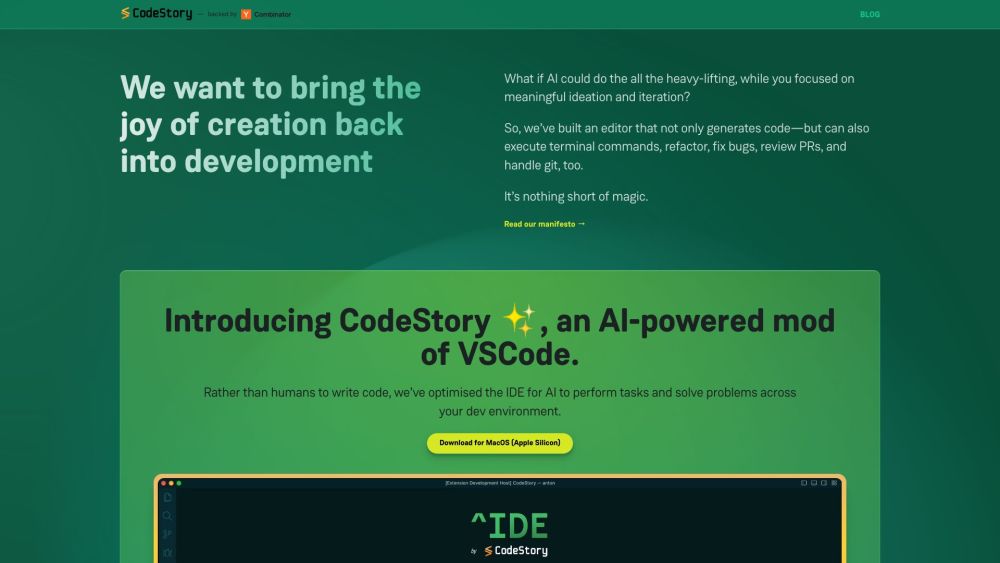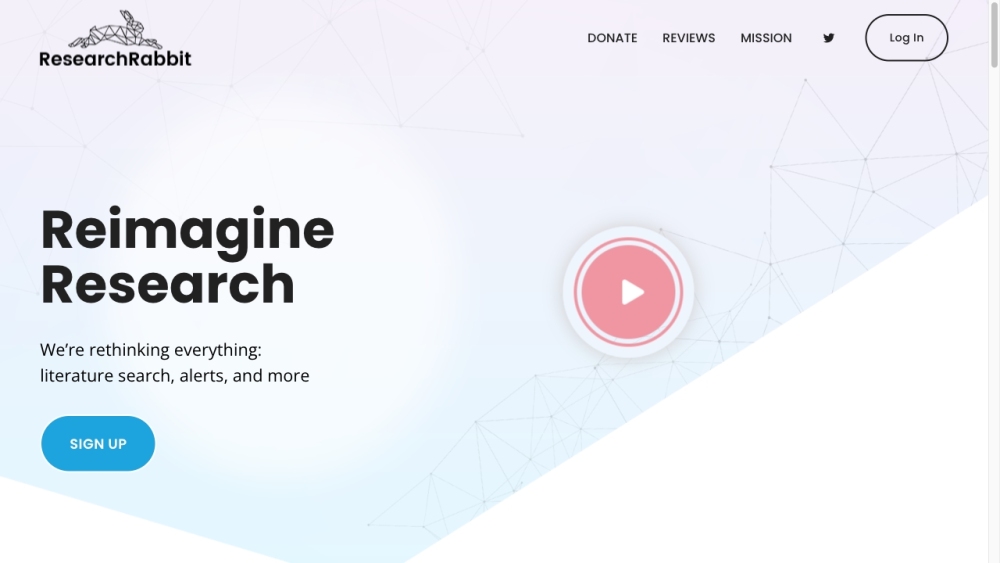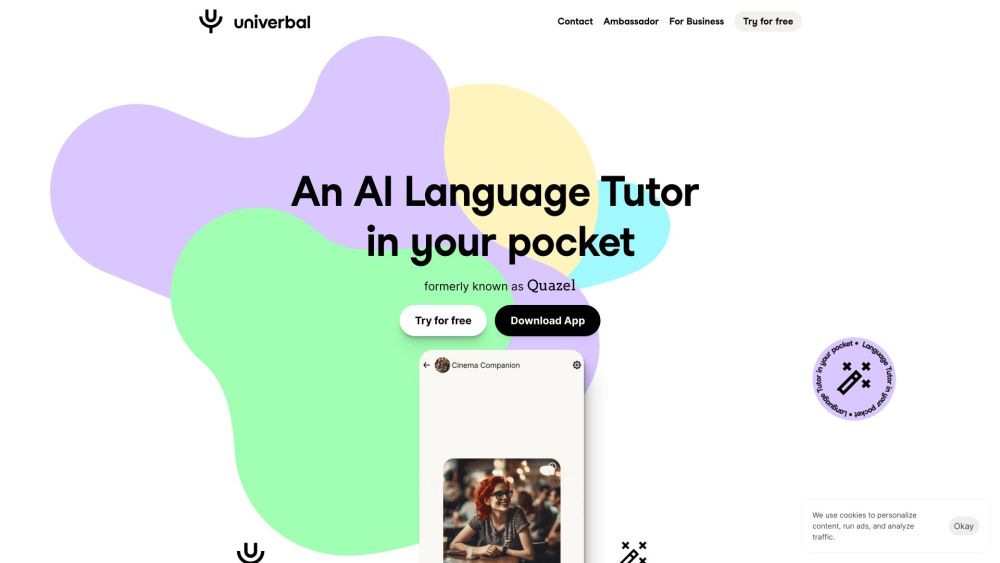Introducing Genspark: The Next Generation of AI-Powered Search
Say goodbye to Perplexity, as a new AI-powered search engine emerges—Genspark. Its creators believe this innovative platform can outperform numerous other similar attempts currently available.
Genspark leverages generative AI to produce tailored summaries in response to search inquiries. For instance, when users search for, “What’s the best baby formula for newborns?”, Genspark crafts a Sparkpage—a concise, single-page overview compiled from various online sources.
This process bears a striking resemblance to Arc browser’s Arc Search feature and Google’s AI Overviews. However, co-founder Eric Jing asserts that Genspark achieves superior results through a more precise methodology. “Genspark employs multiple specialized AI models targeted for specific query types,” Jing explained. “Sparkpages serve as a condensed version of the web, enhanced with comprehensive information—essentially, they function as an index of the internet.”
Behind the scenes, Genspark utilizes both in-house and third-party AI models from notable entities like OpenAI and Anthropic to categorize search queries and effectively manage the results. Each results page features a basic AI-generated summary at the top, followed by a link to a more detailed Sparkpage.
For travel-related searches, Genspark generates a Wikipedia-like Sparkpage, complete with a table of contents, videos showcasing popular destinations, practical tips, and a chatbot for addressing various sub-queries (e.g., “List the best cultural experiences”). Meanwhile, product searches yield Sparkpages that include pros-and-cons lists and aggregated reviews from social media, publications, and e-commerce platforms.
“Our AI models prioritize reputable and popular webpages, effectively filtering out less credible information,” Jing stated.
Concerns regarding AI-generated overviews often circulate, with past errors resulting in nonsensical recommendations, like suggesting glue as a pizza topping. Genspark has performed better in avoiding such pitfalls; it doesn’t advise users to do dangerous activities. However, it did present some questionable suggestions, including references to weapons.
Ethical concerns extend beyond improper recommendations. Genspark and similar platforms risk diverting traffic away from the websites they source information from.
A recent study indicated that AI Overviews could impact approximately 25% of publisher traffic by diminishing the visibility of web page links. Additionally, an expert cited by The New York Post estimated that AI-generated overviews could lead to publisher losses exceeding $2 billion due to decreased ad views.
While Genspark's Sparkpages don’t appear to show blatant plagiarism, the non-static nature of these pages means users can edit them, potentially introducing false or offensive information. At this moment, users also lack a method to report harmful Sparkpages.
Jing emphasizes that the open-ended design of Sparkpages encourages users to fact-check claims, and Genspark’s AI can learn from these adjustments to enhance future results. The platform intends to license copyrighted content when feasible to bolster overall accuracy. “We prioritize data quality as essential for success,” Jing asserted. “Respecting intellectual property is a foundational principle for us.”
The specifics of Genspark’s approach to paying for intellectual property remain to be determined, as does its business model. Jing indicates that the platform aims to introduce “premium features” in the future, though details are still pending.
Despite being in the nascent stages of its development and facing significant technical, legal, and ethical challenges, Genspark successfully raised $60 million in a seed funding round led by Singaporean VC firm Lanchi Ventures, achieving a post-money valuation of $260 million.
Jui Tan, the managing partner at Lanchi, described Genspark’s approach as “genuinely compelling” and expressed confidence in the technical vision shared by Jing and Zhu. He highlighted their previous experience building AI and search products as a valuable asset.
Jing once served as a development manager for Microsoft’s Bing team and was chief product manager for Baidu’s core search and AI divisions. Zhu, who also has experience with both Google and Baidu, collaborated with Jing four years ago to establish Xiaodu, a startup focused on developing smart devices comparable to Amazon Echo.
“Eric and Kay are seasoned entrepreneurs with a proven history of creating successful products and businesses in the AI and search realms,” Tan noted. “Their extensive experience uniquely positions them to spearhead groundbreaking innovations.”
Nevertheless, the road ahead seems challenging.
Assuming Genspark can resolve technical issues, devise a revenue strategy, and expand its small team (approximately 20 people based in Singapore and the Bay Area), it will still encounter fierce competition from well-funded challengers and established players like Google.
Will Genspark withstand the scrutiny and setbacks that have hindered other AI-powered search initiatives? Can it establish a niche, especially if OpenAI develops a similar tool?
I remain skeptical. However, Jing is resolute about Genspark’s potential. “Many internet users, particularly younger audiences, desire more than a simple list of links. They seek speedier results, visually engaging content, and trustworthy information, free from sponsored and SEO-driven clutter,” Jing explained. “With AI, we can fulfill those demands, and Genspark has been launched to address these needs.”





